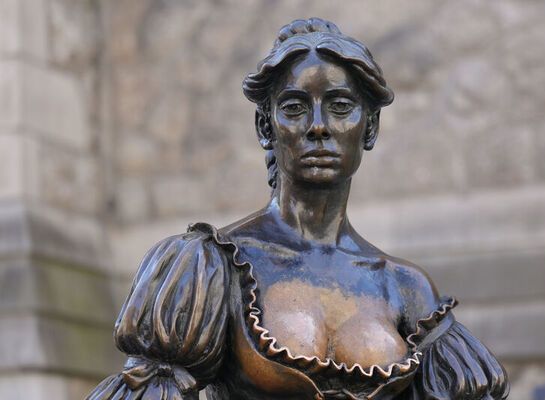McGuire was a Bronx native, who moved with his Irish father and English mother to the Rockaway peninsula of Queens at about the age of 12. There, on public playgrounds, he honed the skills that earned him accolades, first, at St. John's University and, later, with the Knicks. In both stints, he was associated with Joe Lapchick, renowned as one of the foremost coaches the game has known.
The Knicks eventually dealt McGuire to the Detroit Pistons in a trade that he never could figure out. When his playing career ended, McGuire took the helm of the Pistons, a position he would later assume upon rejoining the Knicks. In late 1967, McGuire and scout Red Holzman traded positions, a maneuver that is widely cited as paving the way for the Knicks to win their first championship in 1970. Thus, ended McGuire's coaching career.
"I never really liked coaching," McGuire told the Irish Echo in a 2005 interview. "I just can't get mad at people."
For the rest of his four decades with the Knicks, McGuire assumed a low-key persona, a study in contrast to his glib younger brother, Al, who was in his ascendancy as coach of the Marquette University program. Dick McGuire had flown so far under the radar during his years behind the scenes that it took an emotional appeal by Al McGuire at his own Hall of Fame induction to remind the movers and shakers of the role Dick had played as one of the game's greats in the post-World War II era. That oversight was rectified a year later in 1993 when Dick McGuire took his place in Springfield, Mass.
"He was a great kid," Dick McGuire said of Al, who died in 2001. "We were complete opposites."








